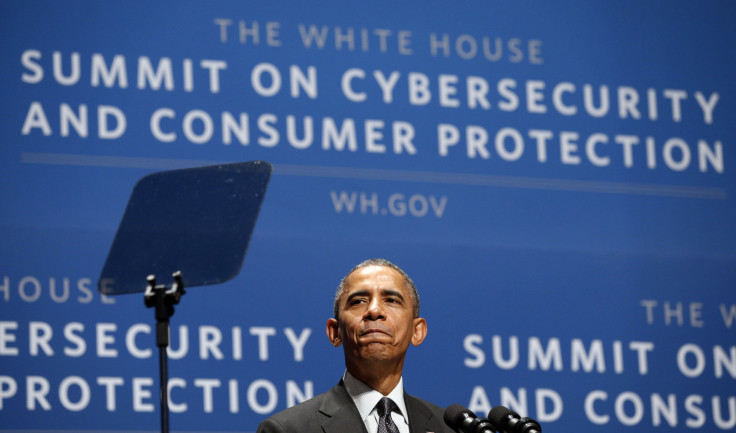House Expected To Pass Cybersecurity Bill, Indemnifying Companies That Share Breach Data

The House is expected to pass a bill Wednesday that is intended to compel private companies to give investigators access to their computer records and networks in the event of a data breach. The bill has been in the making for years, and comes after a series of embarrassing, high-profile hacks at companies such as Sony and Anthem health insurance.
The vote, which coincides with that for a similar Senate bill, is an assertive response from the federal government after major intrusions have resulted in a delayed movie release, lost credit card information, stolen medical records and a shaken faith in corporate America’s ability to protect itself online. Yet debate over the House bill has raised concerns from privacy and transparency advocates, including initial resistance from President Barack Obama and prominent congressional Democrats.
The House bill provides hacked companies with legal liability protection if they share sensitive information with the government. Privacy advocates demanded, and obtained, assurances under this provision that require data to undergo two rounds of scrubbing -- the removal of personal information -- when they're turned over to a government agency. The data will not be sent to the National Security Agency or the Department of Defense first, though it could ultimately end up there.
The privacy changes were enough to win over prominent Democrats, with Obama expected to sign a modified version of the House and Senate bills. Yet the White House still expressed reservations in a statement Tuesday, suggesting that the liability protections that are meant to protect companies from penalties that come with unauthorized use of customer data go too far.
“Appropriate liability protections should incentivize good cybersecurity practices and should not grant immunity to a private company for failing to act on information it receives about the security of its networks,” the White House said. Overly broad liability protections might “remove incentives for companies to protect their customers’ personal information and may weaken cybersecurity writ large,” the statement went on.
© Copyright IBTimes 2025. All rights reserved.



















